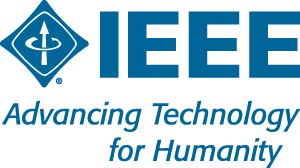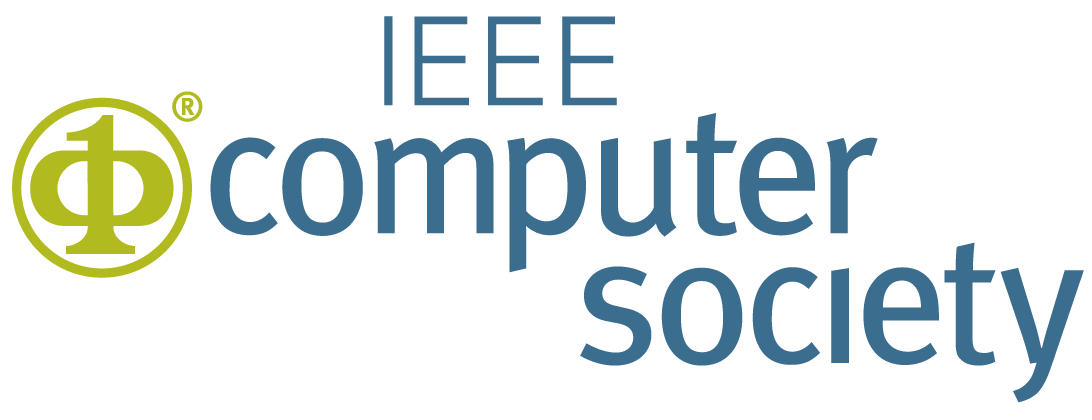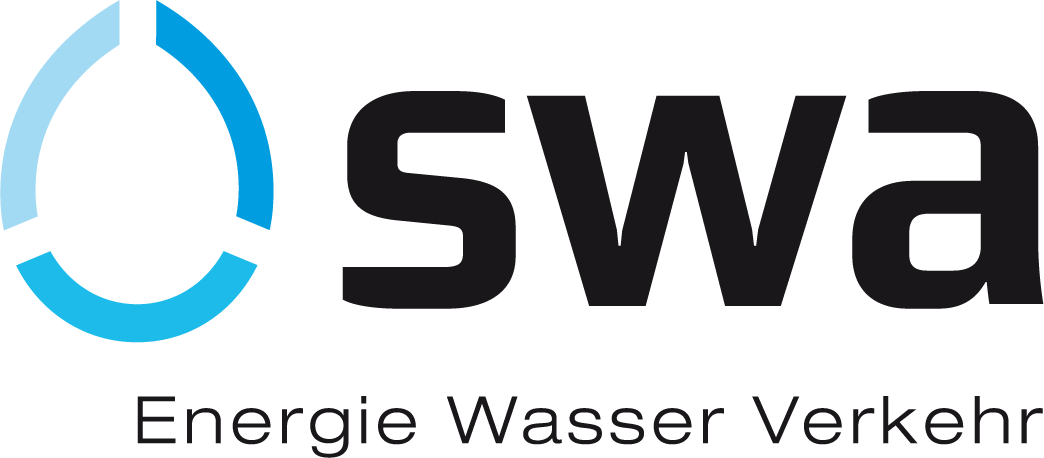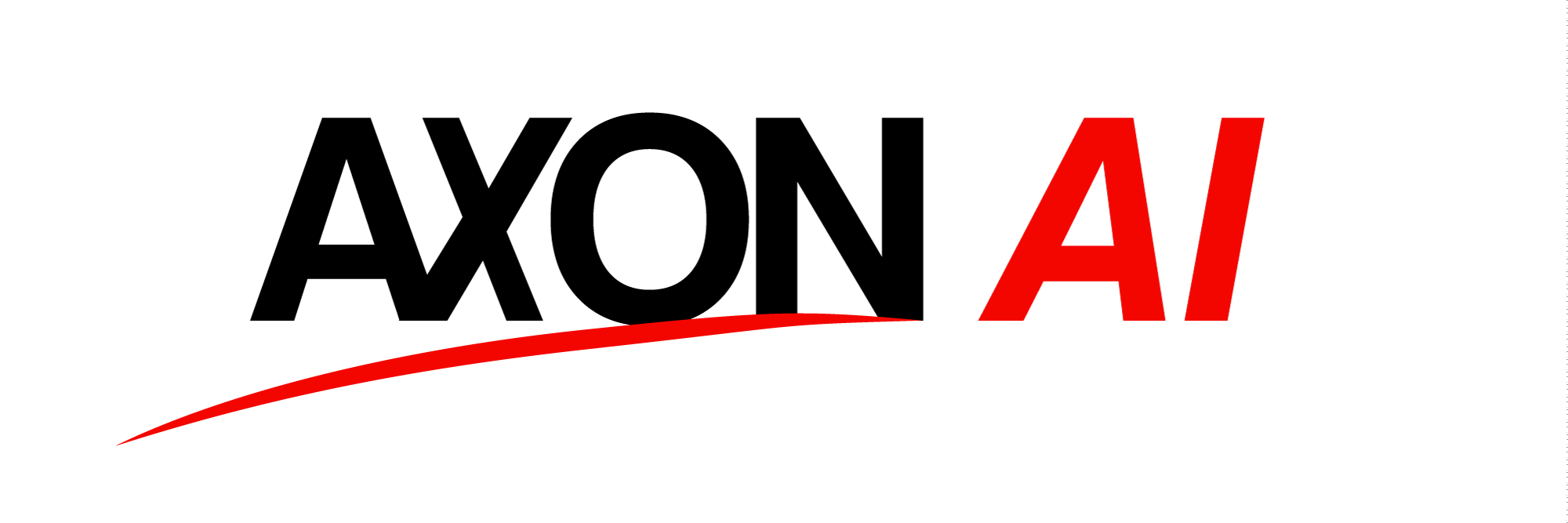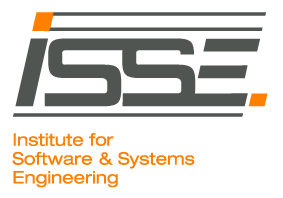Panel Discussion
Self-Organisation and Distributed Consensus Technologies: Opportunities, Challenges and Boundaries
Issues of access control, consistency, non-monotonicity and consensus have been concerns for distributed systems for decades, including knowledge-based systems, distributed databases and multi-agent systems, as well as (naturally) self-adapting and self-organising systems. However, these concerns have recently received wider attention with the rise of Bitcoin and other cryptocurrencies, based on the idea of the blockchain as a decentralised, non-repudiable, universally-verifiable, distributed ledger. Although the idea of a tradeable, traceable digital token was originally intended for a unit of an electronic currency, the token itself could represent an asset of any kind, e.g. a share, an identity, a contract, a vote, or even an institution. Consequently, there is considerable interest in the ideas of, for example, self-organised economies and DAO (Decentralised Autonomous Organisations) founded on the use of "smart" contracts. A simple unification would suggest that these ideas would have something in common with subjects of concern for the SASO community...
Accordingly, this panel proposes to focus on the overlap (if any) of self-organisation, as studied practised in SASO, with the self-organisation of economies and organisations being built on top of blockchain, or more general distributed consensus technologies. We will discuss three issues: opportunities, challenges and boundaries. By opportunities, we might consider how SASO algorithms and protocols can contribute to blockchain technology; or provide a platform for a new economy for the digital society, supporting a new range of self-organising socio-technical systems for, for example, peer production systems (that are genuine "sharing" economy applications). Challenges include both scientific challenges and strategic challenges: for example, scientifically we might be concerned with the formal representation of and reasoning with self-organised value systems, and the difference between self-organised economics vs. catallectics; and strategically, how to establish common ground with researchers in self-organised economics (which appears to be under-represented in the SASO programme). Finally, in boundaries we should explore the limits of self-organisation of economies: for example, does the computer representation of rules in DAO create a form of algorithmic governance in which users are essentially excluded from "the loop", requiring them to accept code as a strict law they 'consent' (are obliged) to operate under (when people generally take a rather less-than-literal interpretation of rules, allowing them to both circumvent the rules while still believing they are compliant with them).
Panellists
Professor Jeremy Pitt holds the chair of Intelligent and Self-Organising Systems in the Department of Electrical & Electronic Engineering at Imperial College London. In the domain of self-organising systems, he has a particular interest in the formalization of the institutional design principles for sustainable common-pool management proposed by Elinor Ostrom. From there arose the question of fairness, which generalized into a programme of research in computational justice. This in turn is a value, perhaps shared by a community, that also needs to be preserved. He is therefore concerned with how value-sensitive design and distributed consensus technologies can be used to inform the development of self-organising socio-technical systems which have qualitative human values as supra-functional requirements.
Dr Ada Diaconescu is an Assistant Professor (tenured since 2009) in the Software Services and Systems (S3) team of the Computer Science and Networks (INFRES) department of Telecom ParisTech (part of Paris-Saclay University). Her research interests include autonomic and organic computing, software engineering for self-adaptive and self-organising systems, component and service-oriented architectures and interdisciplinary solutions for managing software complexity. She started her research in autonomic computing in 2001 and has later also joined the organic computing community. She has co-authored a Springer book on Autonomic Computing (2013), was PC co-Chair of IEEE SASO (2014) and General co-Chair of IEEE ICAC (2015).
Dr Christopher Frantz is a Lecturer at the College of Enterprise and Development at Otago Polytechnic in New Zealand. His interests centre around the modelling and analysis of institutional constellations in historical and contemporary scenarios. Together with Mariusz Nowostawski, he has lately investigated use cases for second generation blockchain technology that is characterised by the capability to execute procedural instructions ('smart contracts'). In an effort to simplify the generation of smart contracts, they proposed a mapping for a cross-disciplinary institution representation based on Crawford and Ostrom's 'Grammar of Institutions'. The long-term objective of this research theme is to develop 'distributed autonomous institutions' that can seamlessly coordinate transactions between (arbitrary combinations of) artificial and human entities.
Dr Peter Lewis. Peter Lewis is a Lecturer in the Aston Lab for Intelligent Collectives Engineering (ALICE), in the Computer Science department at Aston University, UK. His research is concerned with biological, social and economics-inspired techniques for continuous adaptation, learning and self-organisation in complex agent-based systems. His recent work has focused on systems that that are decentralised, heterogeneous and self-aware. His work has been applied in a range of complex computing systems, including visual sensor networks, interactive music ensembles, reconfigurable hardware and cloud computing.
Dr Jan-Philipp Steghöfer is an assistant professor at the joint Software Engineering division of Chalmers Technical University and the University of Gothenburg. Apart from more mundane software engineering topics like traceability and variability, he is particularly interested in exploring how self-organisation in socio-technical systems aligns with the way humans perceive organisational changes around them and how they react to them. He therefore proposes to incorporate insights from organisational psychology about human behaviour into the considerations of the dynamics of socio-technical systems and thus establish a theory of self-organisation that takes psychological and sociological aspects into account.


